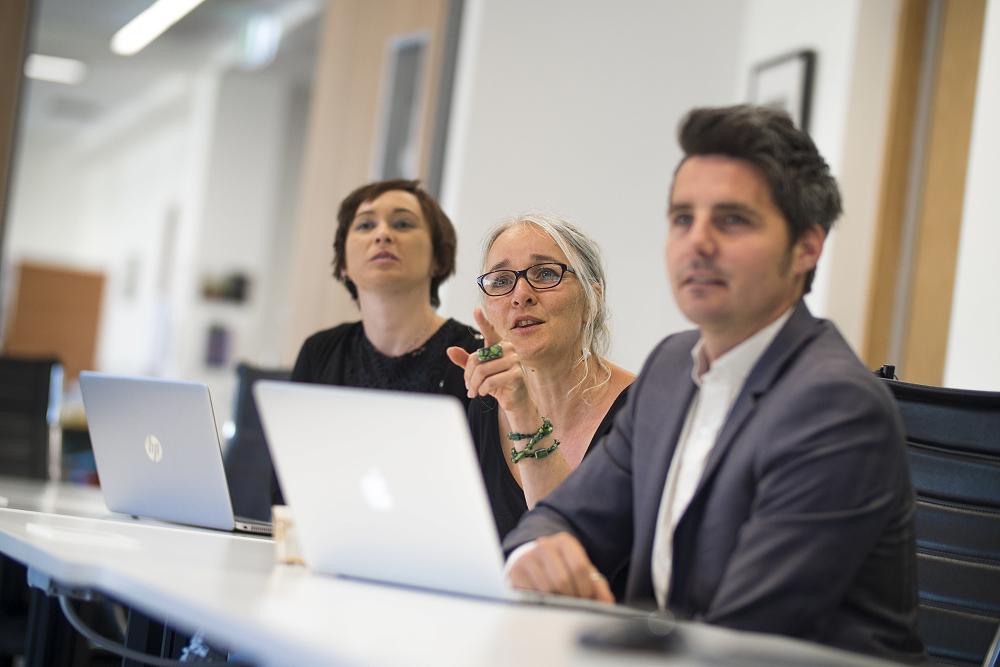
Lifelong learning
As workplaces and industry sectors change, Selena Chan recommends workers maintain a portfolio of learning to help secure their next job.
Today's workers need to continually keep up with rapidly changing work requirements, brought about by on-going ‘advances’ of technology, communication and logistical systems amongst other things. Workers have to constantly upskill or re-skill as their work tasks alter, their occupations ‘modernise’, their jobs are restructured or disappear altogether. For many, learning in the workplace enables them to sustain occupational ‘drift’ as the components of many work tasks alter.
Technology has created many opportunities for self-directed improvement. People may seek to upskill through completion of a plethora of online courses, including Massive Open Online Courses (MOOCs), to complete badges, micro-credentials and ‘stack’ or collect these towards attainment of qualifications. Workshops, seminars and webinars also provide learning opportunities.
A lifelong learning record provides workers with the means to document the many sessions of professional development undertaken, formalised learning attained, and skills, knowledge, and attributes they have achieved and continue to enhance and increase. Portfolios, whether maintained in hard copy or archived digitally as eportfolios, play important roles in supporting learners with a lifelong ‘record of learning’ when work potentially reconstitutes several times through a person's working life. Portfolios may be used to not only substantiate knowledge and skills but also collect indicative material on a range of attributes which can be often difficult to assess through traditional means.
Given the range of professional development opportunities available, whether ‘formal’ or ‘informal’, online or face-to-face, it is important for all people to maintain a life-folio to evidence the range of learning completed across their professional working lives.
